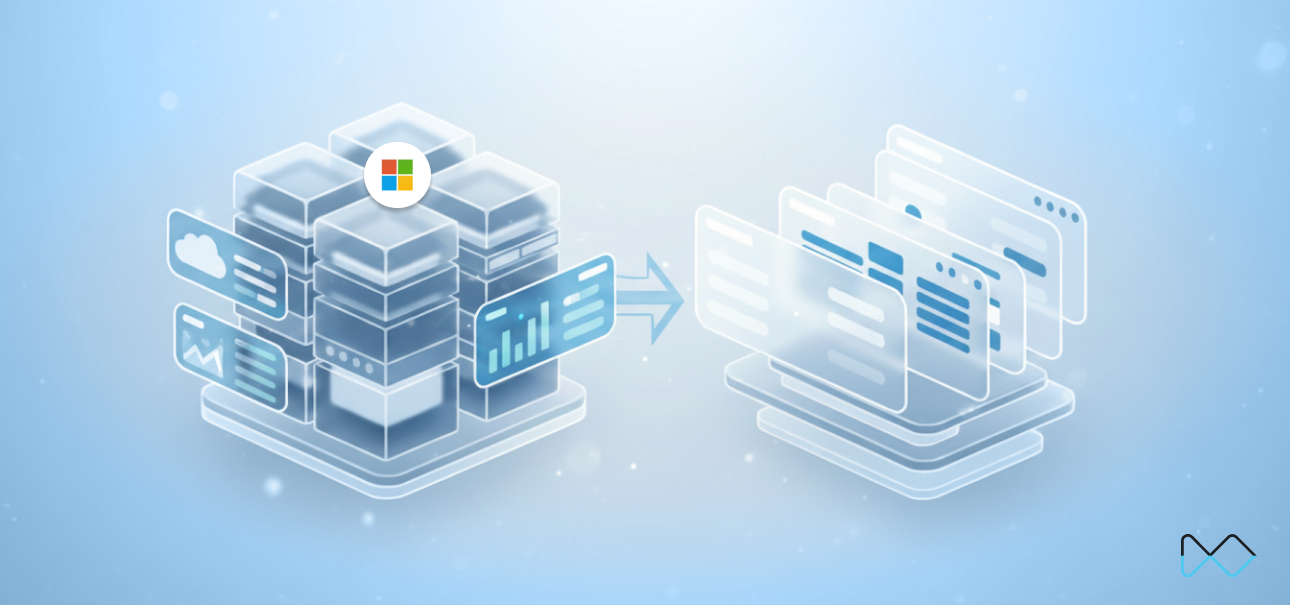As better tools and systems are becoming available everywhere with the years passing by, the potential for an enterprise to explore Big data analytics is constantly increasing.
BIG DATA ANALYTICS :
Big Data Analytics, in simple words, is the way to efficiently extract, analyze and examine large or varied data to uncover the patterns, correlations, market trends and customer preferences that would in turn help in organizations’ decision making.
“Big Data” natively emerged as a term to describe the large dataset, when the size of data rose beyond the capability of traditional statistical tools which were used in analysing and managing the data. Big data is not the data itself it includes the technology to collect, analyse, store and manage the data also.
Companies all over the world enjoy the benefit of acquiring data in different ways to boost their performance and increase their income. Big data analytics is the new trend on the show that jumped into frame from the last decade.
As data is becoming an important factor for each and every step in the process of decision making and with the amount of data generated it is really crucial to store, manage and utilize it. This is where Big data analytics rose and every industry started adopting Big Data Analytics such that it soared from 17% in 2015 to 59% in 2018 as per the study of ‘Dresner Advisory Services’ (in their 2018 Big Data Analytics Market Study), reaching a Compound Annual Growth Rate(CAGR) to 36%. Today only 10% (or less) of the companies have no plans of adopting big data analytics.The below bar graph shows the trend of companies adopting Big Data.

According to the study by Dresner Advisory Services(as per 2018) following are the adoption of Big data analytics portrayed in terms of industry, Telecommunications - 95%, Insurance - 83%, Financial Services - 71% etc. This study also found that Manufacturing, Retail and Wholesale together has turned out as a median user, and Education sectors is the least likely to adopt this method. (as per 2018)

Big Data Analytics is also thriving strong in the deployment and development areas of enterprises. As Research and Development use 75% big data, Business Intelligence Competency Centers use 65% and Operations use 63%. Marketing , Sales and IT shows an intermediate level of adoption of Big Data and finance trails all other departments according to the study.
Exploration of Big Data Analytics, can enable enterprises to be more agile. The journey towards big data analytics helps decision makers to achieve organisational goals. When organisations employ big data analytics they are already able to predict the unpredictable and this adds into the operational benefits. Organisations realise these operational benefits in terms of lower cost, efficient labour force, maintaining proper inventory levels and eliminate wasteful resources.
There are many problems in utilizing Big data analytics like data privacy and the integration between Hadoop and ERP system and others.
I would not conclude that every organisation will succeed by only using Big data analytics but it would definitely help in having better operational benefits.





